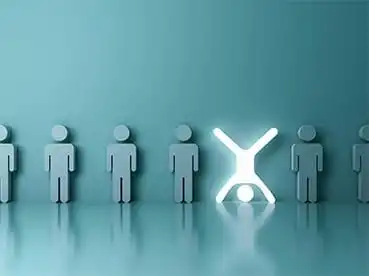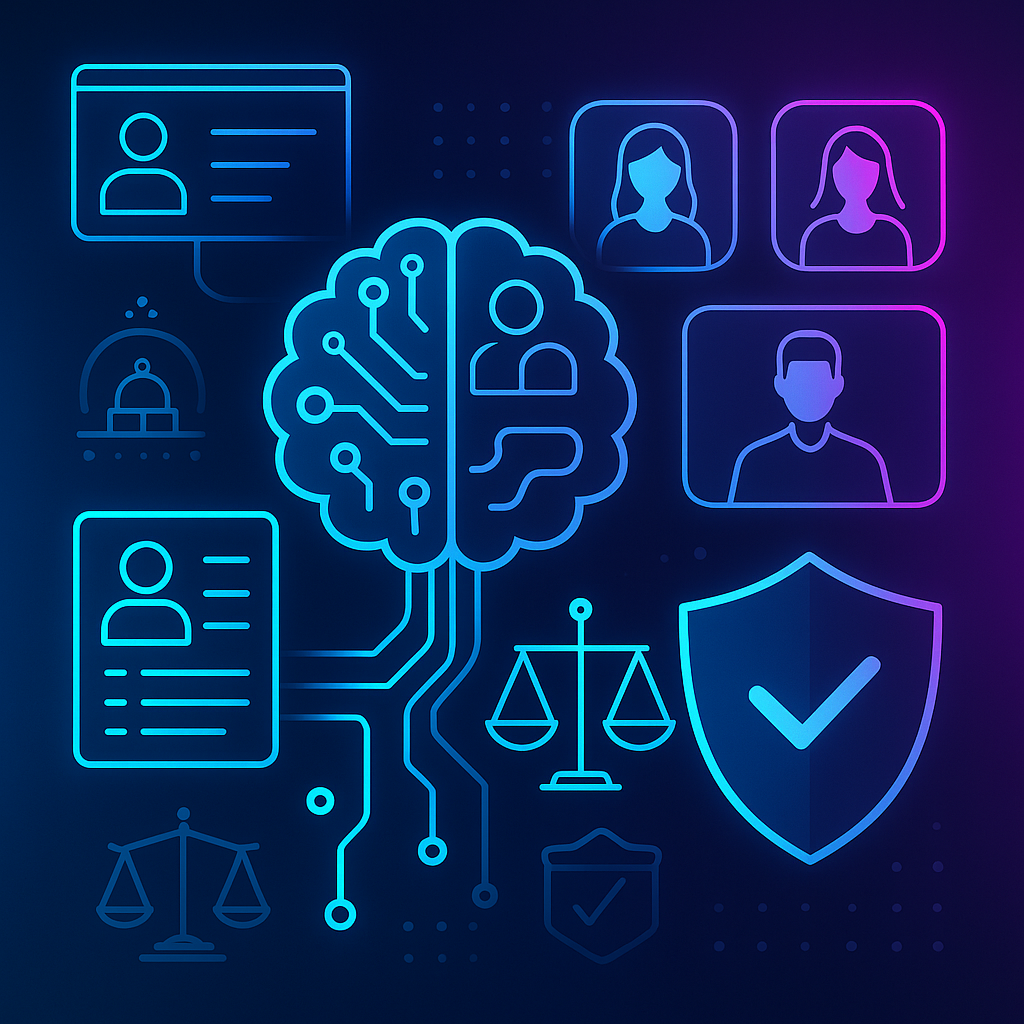Tech isn’t taking over: Here’s how AI hiring tools empower people

Laptops. Videoconferencing. Chat. What do they have in common? They’re all technology tools designed to make people more efficient, and they have all been readily adopted by recruiters and hiring managers.
Despite this general acceptance of new tools, there has been a reluctance to embrace the AI-powered technologies that help recruiters work more efficiently and streamline the hiring process.
Why does this technology rub those involved in sourcing, recruiting, interviewing, and onboarding talent the wrong way? Simply put, they’re afraid AI hiring tools might put them out of a job.
If AI software can mimic their thought processes, recruiters worry, those solutions will take over every aspect of recruiting and hiring. But no technology has (or will) replace human expertise and judgment in the hiring process.
While AI can undoubtedly help with hiring process optimization, it’s only designed to supplement human know-how.
AI can find candidates, connect with them, and keep the recruiting process on track, but it takes the creativity, imagination, and experience of humans to pinpoint the perfect candidate and craft a people-first recruitment strategy.
With people and AI on the same page, your hiring process is better off.
AI Hiring Tools: Recruitment Friends, Not Foes
Now that we’ve dispelled the “AI will take my job” rumor, let’s look at the reality. Your company has either already invested in hiring software or plans to do so. A Zippia study found that 80% of U.S. small businesses will use a recruiting solution in the next two years.
What does that mean for seasoned hiring professionals? Many benefits, including:
Fewer menial tasks
The purpose of AI hiring tools is to assist humans rather than replace them. AI can automate and streamline some of the more repetitive manual tasks, as it has in the manufacturing industry. While recruiters face lengthy to-do lists daily, most of those professional recruitment duties require personal engagement and human intuition.
The right AI hiring system can reduce the need for recruiters to perform basic, formulaic tasks (e.g., résumé collection and review, data collection, candidate follow-up).
This frees them up to handle higher-level functions and make decisions. They’re able to engage in people-first recruitment thanks to AI-enhanced tech working seamlessly in the background.
Suggested reading on Candidate Engagement: Why candidate engagement is critical: How to measure & improve
More time for the big picture
AI recruiting tools can come through in a pinch like any teammate. According to an Alorica case study, integrating chatbots into the hiring process over three months paid tremendous dividends. The solution enabled recruiters to interview more candidates while saving 1,200 hours of work.
Recruiters can upskill
Between the pandemic, a tight labor market, and skilled professionals ready to change jobs, HR professionals need the time to learn new skills in developing and retaining their current workforce. Offloading low-value tasks frees up time to develop professionally and become more valuable to the organization.
They have more time for coaching, supervising, training, decision-making, and negotiating. With AI on their side, they can spend more effort developing and deploying creative recruitment and talent development strategies — and less time on mind-numbing activities.
The world will always need living, thinking recruiters to discover, cultivate, and inspire the brightest applicants.
Rather than worrying about AI, recruitment professionals should investigate how they can use it to their advantage.
Those who master the power of AI hiring tools will find those solutions to be exceptional allies rather than worrisome developments.





